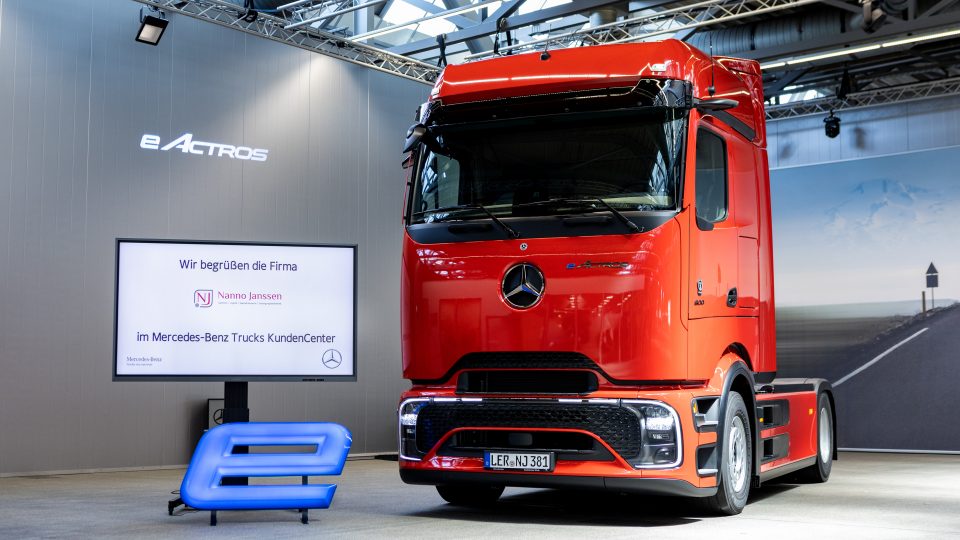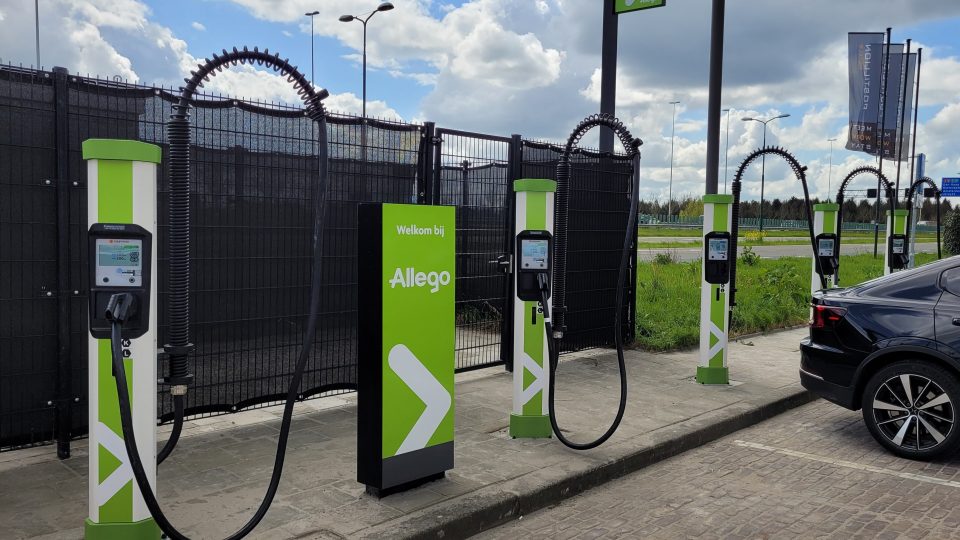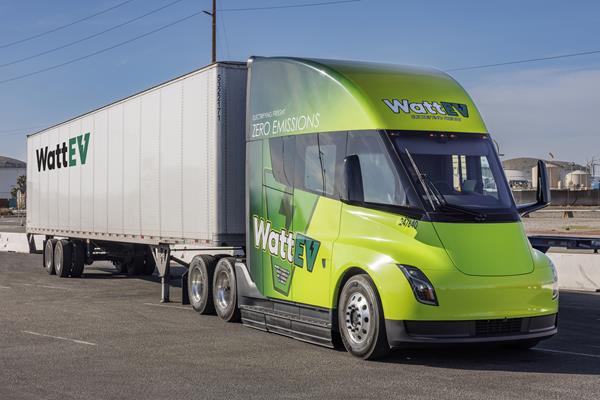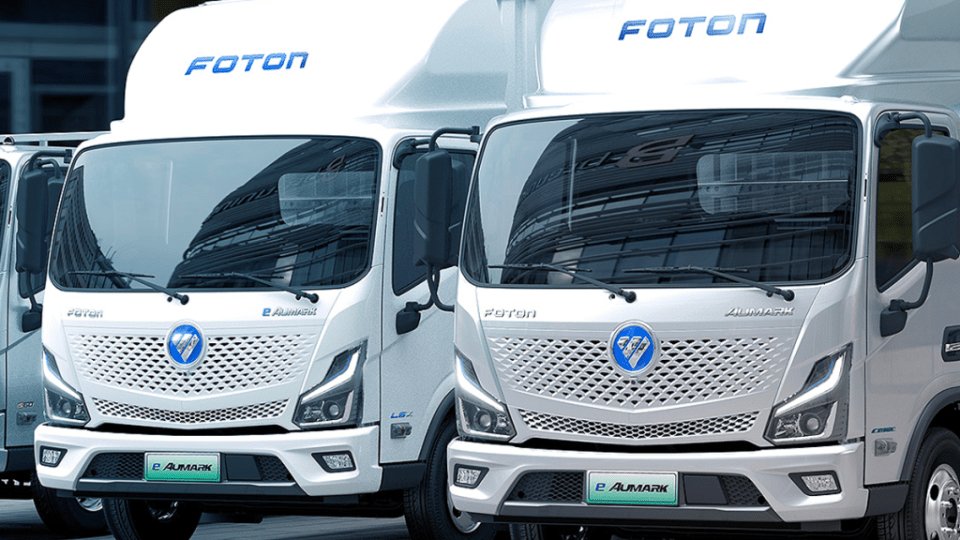Truck makers and environmentalists join forces. Target 11,000 charging points for electric trucks
Truck makers and environmentalists have joined forces to push for the deployment of 11,000 charging points for electric trucks across the EU by 2025, rising to 42,000 by 2030. The European Automobile Manufacturers’ Association (ACEA) and Transport & Environment (T&E) made this call to the European Commission. This is urgent and crucial to encourage professional transport operators to make a swift transition to zero-emission vehicles.
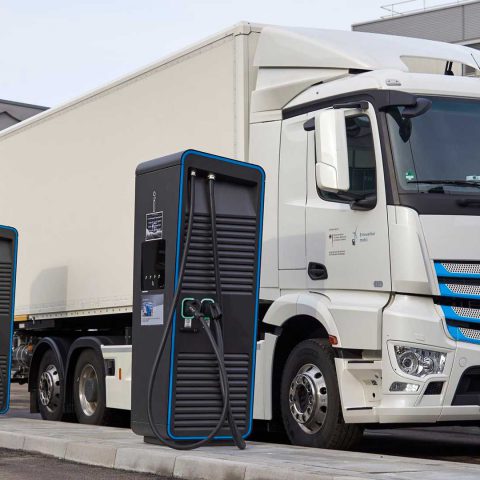
Given that there are currently close to zero charging points in operation specific made for electric trucks, these targets set by truck makers, through ACEA, and by environmentalist NGOs are ambitious – but necessary to achieve the goals of the European Green Deal, the associations say. In addition, some 300 hydrogen re-fuelling stations suitable for heavy-duty vehicles should be rolled out no later than 2025, increasing to around 1,000 no later than 2030.
The common industry/NGO request comes ahead of the expected review of Europe’s Alternative Fuels Infrastructure Directive (AFID) this year. In their letter, ACEA and Transport&Environment urge the Commission to make AFID fit for zero-emission trucks and buses, with binding targets for infrastructure in all EU member states to ensure seamless cross-border operations. This is urgent and crucial to encourage professional transport operators to make a swift transition to zero-emission vehicles.
Electric Trucks need specific powerful charging stations
Electric and hydrogen-powered trucks require specific charging and re-fuelling infrastructure because of their high power and energy demand, as well as space, parking and access requirements. The European Commission must address these specific needs in the AFID review, ensuring charging and re-fuelling is possible at truck depots, at logistics hubs (when loading and unloading), at public sites in urban areas and along highway corridors.
Our customers will not invest in electric and hydrogen trucks unless they can charge and re-fuel them easily as they deliver goods from one country to another.
Martin Daum, ACEA Commercial Vehicle Chair and Daimler Truck CEO
«Our industry is fully committed to the Green Deal and therefore carbon-neutral road freight transport by 2050 at the latest. To that end, we are investing massively in CO2-neutral trucks», stated Martin Daum, ACEA Commercial Vehicle Board Chair and CEO of Daimler Truck AG. «However, our customers will not invest in these vehicles unless they can charge and re-fuel them easily as they deliver goods from one country to another. The upcoming AFID review is a golden opportunity to make sure that infrastructure roll-out and the deployment of zero-emission vehicles go hand-in-hand».
The future is electric
«The future is electric, even for trucks», said William Todts, executive director at Transport & Environment. «The transition to zero-emission trucks is happening and it is time for the European Commission to wake up. We need to build 10,000 truck charging points in the next four years, in truck depots, logistics hub and along every main highway in Europe».










